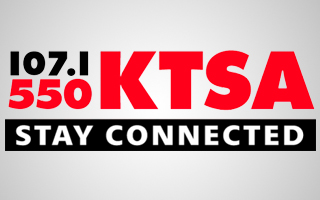Manchin notes inflation is “getting worse” and doesn’t seem “transitory”

The West Virginia moderate, who has already managed to force Democrats to bring down the cost of the bill, which was originally $3.5 trillion, appeared to chide the White House for its predictions that rising prices would be temporary, or “transitory.”
“By all accounts, the threat posed by record inflation to the American people is not ‘transitory’ and is instead getting worse,” Manchin tweeted Wednesday. “From the grocery store to the gas pump, Americans know the inflation tax is real and DC can no longer ignore the economic pain Americans feel every day.”
The Consumer Price Index released by the government shows Americans are paying far more for fuel — nearly 50% more — and for meat than they were a year ago.
But the White House argues that even if prices are higher for Americans, if the social spending package becomes law, they’ll have more money in their pockets because of the benefits contained in the measure, like new help with child care they’ll be getting because of the legislation.
Mr. Biden acknowledged Wednesday that “everything from a gallon of gas to a loaf of bread costs more, and it’s worrisome, even though wages are going up.”
The social spending package did not come up in Manchin’s tweet, but inflation was the top reason he cited in a September opinion piece for his rejection of the bill when it still bore a $3.5 trillion price tag.
“An overheating economy has imposed a costly ‘inflation tax’ on every middle- and working-class American. At $28.7 trillion and growing, the nation’s debt has reached record levels,” Manchin wrote in the Wall Street Journal in early September. He pointed out that the nation had already spent $5 trillion to respond to the pandemic and lambasted Democratic leaders for pushing the costly BBB bill.
Instead, he called for “a pause,” which he argued would “provide more clarity on the trajectory of the pandemic, and it will allow us to determine whether inflation is transitory.” Manchin is also waiting for the Congressional Budget Office to give the Senate its analysis of the costs and revenues in the bill. He has criticized the measure because the revenues extend for 10 years, while several of the provisions they fund are only written in for about 2 – 5 years, an approach he likened to a “shell game.”
He also has deep reservations about the fact that BBB will have to be passed without any Republican votes.
Manchin is more enthusiastic about the bipartisan infrastructure bill that passed last week. It will be signed by President Biden on Monday at the White House at a ceremony that includes Democrats and Republicans.
Aimee Picchi and Caroline Linton contributed to this report.
You Might Also Like



